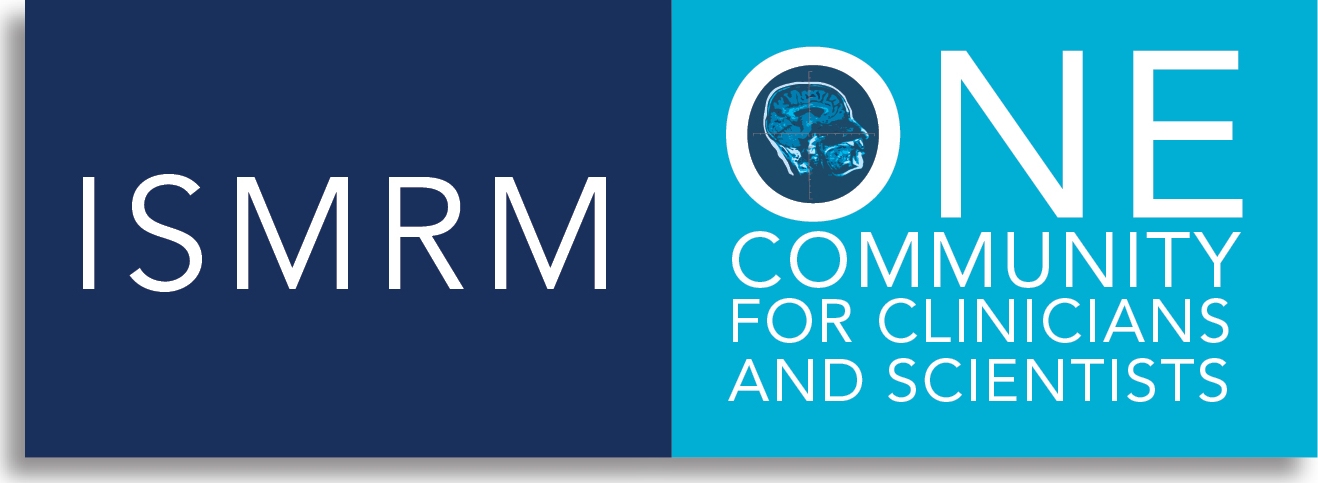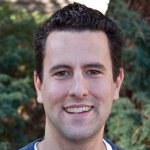|
|

|
||
|
E-news from the |
|||
|
|||
|
My first experience with MRI came at California State
University, Fresno where I studied for my bachelors degree
in Biomedical Physics. There I took an MRI course
instructed by Dr. Amir Huda, who also founded the program.
I thoroughly enjoyed the math and physics associated with
the formation of the MR signal as well as the image
acquisition process learned in the lab portion of the
course, in which we got to utilize scanners at the local VA
hospital. I decided to pursue my PhD in Biomedical Physics
at the University of California, Los Angeles, where I am
currently a 4th year student under the guidance of Dr.
Daniel Ennis. Dr. Ennis has been instrumental in the
development of my passion for MR and helped lay the
framework of my knowledge in the field on the foundation
started by Dr. Huda through their unparalleled teaching
methods and brilliant understanding of MR physics.
Blood flow measurements by phase
contrast MRI (PC-MRI) are subject to numerous sources of
error, which underlies the lack of clinical confidence in
their accuracy. The focus of the work that was awarded the
Young Investigator Award centered on the effects of
chemically shifted perivascular fat in PC-MRI. The work
analytically defined the theoretical basis of previously
unrecognized chemical shift errors in PC-MRI. We used
computational simulations, flow phantom experiments, and
experiments in healthy human subjects to illustrate how
perivascular fat can impart a significant phase measurement
error. Importantly, we demonstrated these errors could be
reduced to clinically insignificant levels with a judicious
choice of a higher acquisition bandwidth and an in-phase
echo time. Stemming from this work, the UCLA phase contrast
team continues to work on novel PC-MRI methods that improve
both the acquisition efficiency and the absolute
quantitation of blood flow. My wife had intended to make the long journey to Melbourne with me, but her work schedule was unable to accommodate the trip. Fortunately for us, we had already scheduled a Hawaii vacation, many months prior, which we thoroughly enjoyed two weeks after the ISMRM conference. It goes without saying that my wife's support and patience during the YIA process and throughout the pursuit of my PhD has been integral to my progress and I am very thankful to share this award with her. I'd like to thank my mother and father for their continued support and for instilling in me the importance of passion in both everyday life and my academic pursuits. A very big thanks goes out to my fellow students and colleagues at UCLA for their friendship, support, and time during the many presentation practice sessions prior to the conference. I was honored to even be considered a YIA finalist and thank the committee for the opportunity to present my work to the ISMRM community on the grandest of scales for a student member. Lastly, I am forever indebted to both Drs. Huda and Ennis for their teaching efforts, guidance, and continued friendship. Dr. Ennis is a consummate professional and everything a PhD student seeks in an advisor. I am on track to complete my PhD at UCLA in 2013 after which I hope to begin a career in industry with the goal of bridging the gap between clinical needs and technological solutions. |
|||

